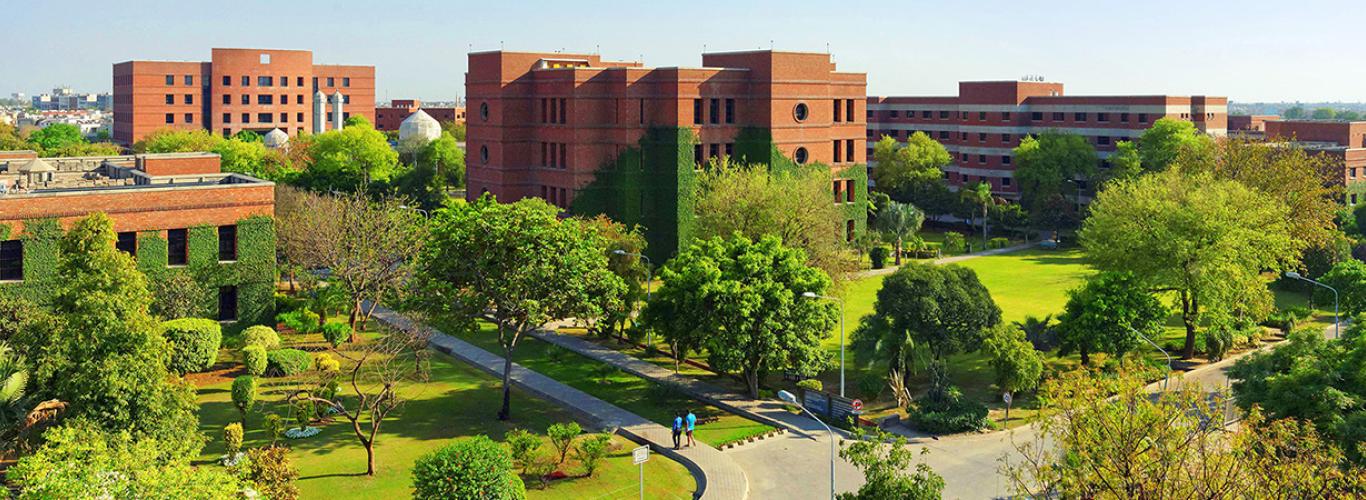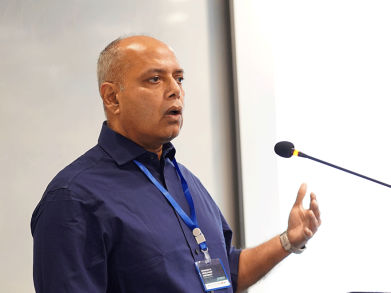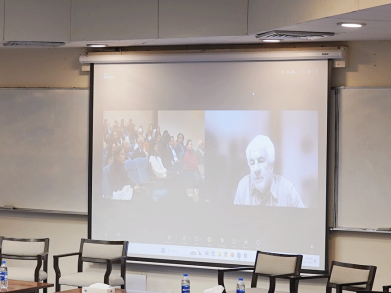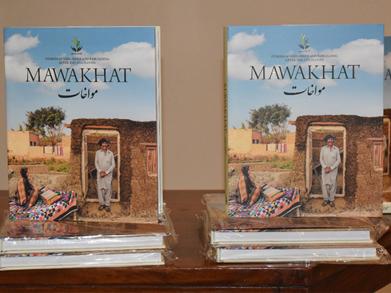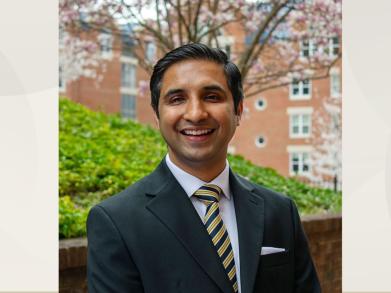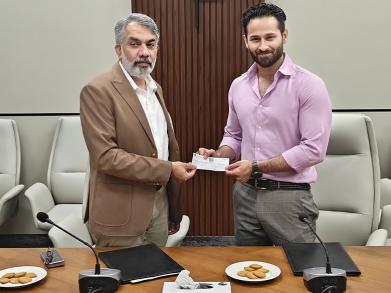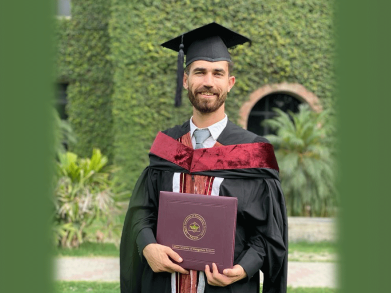Prioritizing Health, Safety and Student Learning
It has been widely reported that Pakistan has seen a decline in COVID-19 cases in recent weeks. Despite the steady outbreak of the virus in bordering nations east and west, Pakistan has taken to a swift return of pre-pandemic activity. Many organisations, institutions and public spaces have thus announced their reopening.
Dr. Shahzad ul Hussan, Associate Professor, Department of Biology, LUMS, recently led a group of graduate students to identify potential drugs or drug-like molecules that could combat COVID-19. He shares his insight into the current landscape in Pakistan and said, “The infection rate here has significantly lowered, which is a positive sign, but in the last few weeks it has been stagnant and there is no further decrease. We still have approximately 15,000 active cases and these could be a source of re-emergence as we have seen in many countries.”
Ensuring due diligence to secure its community’s health and wellbeing, LUMS has taken unprecedented steps to make informed decisions about health and safety. LUMS leadership now includes Dr. Samia Altaf, a public health expert with renowned international and local expertise to undertake a needs assessment to establish a comprehensive plan so that the campus can be reopened without risk of a second closure.
Dr. Shaper Mirza, Associate Professor, Department of Biology, LUMS, who is also advising the Punjab government is cautiously optimistic, “LUMS is doing its best to open the campus but before we do that, there are many steps to take. We have to gather data, test and ensure that all possible measures are in place before students come back, so that when more students are here, we don’t have to shut the campus down again, as other universities around the world have had to do.”
LUMS is also closely following the updates and recommendations of the World Health Organization. The University administration, taking an approach to err on the side of caution, continues to work diligently to prepare for the safe reopening of campus, and is taking all possible measures in this effort, including the formation of high-level committees on Health and Safety. As LUMS experiments with a partial opening of the campus, online learning will continue.
To address the challenges posed by online learning, another high-level committee on Teaching, Research, & Class Rescheduling has come up with two dozen recommendations that are in the process of being implemented. These recommendations address student connectivity, workload, assessment and other critical pedagogical issues. The Vice Chancellor who is a co-instructor in LUMS pedagogical re-skilling effort, said in an open town hall to students that “faculty have taught over 1,400 students through 52 courses over the past two summer semesters with very good evaluations. They are continuing to invest heavily in changing their own mindsets to ensure effective teaching and learning will open new doors for students online. These efforts will go a long way to ensure a safer transition especially for incoming students”.
LUMS leadership, faculty and staff are coming together at all levels to ensure a positive and conducive online learning experience for students. Those facing accessibility issues have been provided internet devices, and some in remote areas with no connectivity are being invited on campus. The same considerations are being made for resuming laboratory work and other critical research.
Considering the many facets of a reopening, LUMS is choosing to proceed with a focused eye on all angles of the situation, an informed process of evaluation, and a compassionate dose of caution.

